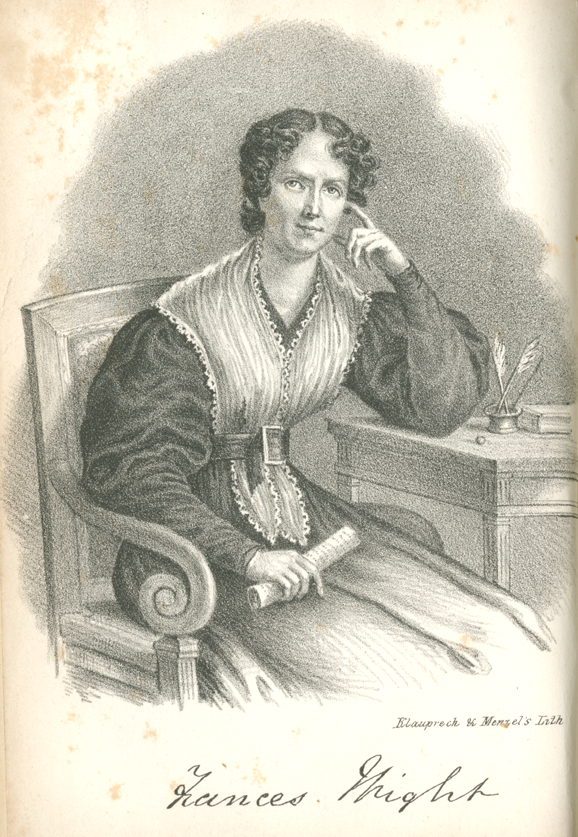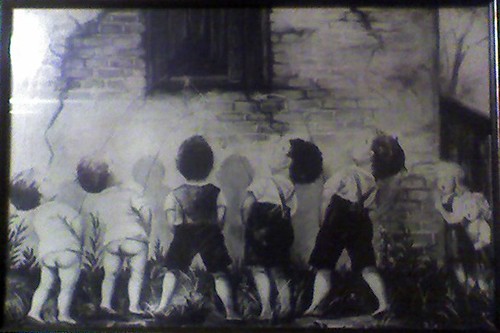I sat and thought at my kitchen table, trying to come up
with something for this Whitman project, sitting staring at my coffee wasn’t doing
much so I began to ask myself a series of questions regarding Walt Whitman and the
class. The professor wants us to show what we have learned from Whtiman, what
do we know about Whitman?
What doI know about Whitman?
Well I know he is very visual, he sees everything and takes
in everything, he has a way of bringing you into what he is watching, and how
he is feeling. So I read song of myself, trying to feel, trying to cling on some
words, to perhaps feel what Whitman felt when he wrote them. Then, finally, I
stopped at a verse that I particularly liked,
"The
city sleeps and the country sleeps,
The living sleep for their time, the dead sleep for their time,
The old husband sleeps by his wife and the young husband sleeps by
his wife;
And these tend inward to me, and I tend outward to them,
And such as it is to be of these more or less I am,
And of these one and all I weave the song of myself."
The living sleep for their time, the dead sleep for their time,
The old husband sleeps by his wife and the young husband sleeps by
his wife;
And these tend inward to me, and I tend outward to them,
And such as it is to be of these more or less I am,
And of these one and all I weave the song of myself."
As
I thought more and more about this verse, I realized how much it had to do with
me. Since this class has mostly been about us, our own personal relationship
with Whitman, it seemed appropriate for me to make a project that entangled
myself. Like Walt allows one to see what he sees, this is what I saw with this verse and I did my best to make it as it was in my mind...but what was in my mind was wayy better, but this should do it. (keep in my mind, I'm only one person! haha and I am not the best at technical stuff)
Thanks Walt Whitman,
I will always look for the Leaves of the Grass






